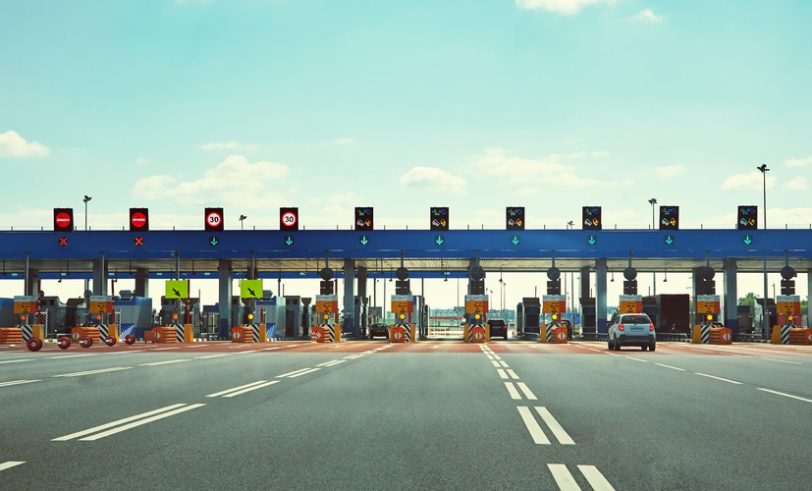While driving this Easter to spend time with family in Charlotte, North Carolina, I saw the past and future of toll roads. If Missouri implemented tolling, it seems clear to me what type of toll road drivers would prefer.
Heading south on the West Virginia Turnpike, I hit all three mainline toll plazas. Each occurrence involved coming to a complete stop as I handed a toll booth worker $4.00 to drive through. No credit cards were accepted, but I was fortunate to have enough cash. Drivers who had an E-ZPass transponder were able to avoid a complete stop, although they still had to slow down to 5 miles per hour.
In North Carolina, the I-77 express lane was quite a contrast. The express lane was the smoothest-paved part of the road, set apart by a light barrier to easily identify which lanes are tolled and which are not. There was no stopping, as most drivers paid via a NC Quick Pass transponder. If you didn’t have a transponder, you would get a bill in the mail based on your license plate registration. Rates were per mile and variable depending on traffic conditions, and if you had three or more people in the car you could travel in the express lane for free.
Most new toll roads have a similar structure to North Carolina’s. The hassles of always needing adequate cash and the stop-and-start nature of old turnpike plazas are avoided. Further, research has shown that toll roads with no stopping are significantly safer than traditional toll plazas regarding fatalities, crashes, and property damage. Even collection costs are between two to four times lower (page 59) for electronic tolling than for traditional (page 12) toll plazas.
Electronic tolling is an innovative way to fund road maintenance in a driver-friendly manner. Missouri also has heavily traveled highways that need rebuilding (page 18), and the president wants to lift the federal prohibition on tolling interstates. Missourians have opposed toll roads in the past, but if they knew how easy modern toll roads are, they might be inclined to change their minds.


